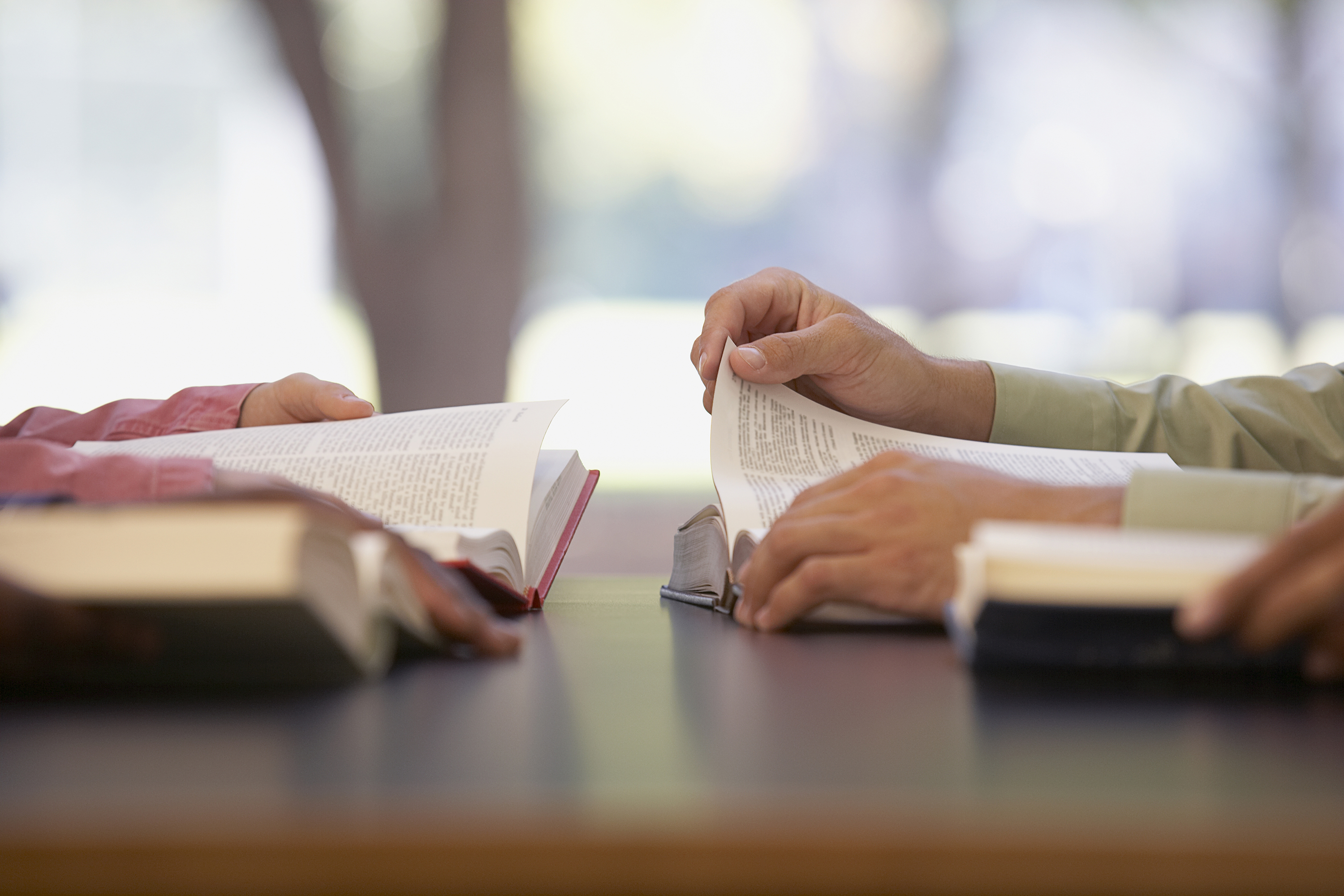The UConn Reads theme for 2016-17 is “Religion in America,” with Eboo Patel’s Sacred Ground: Pluralism, Prejudice, and the Promise of America as the book.
Growing up in a family where there were multiple Christian and Jewish elements, I knew what “interfaith” meant, at least within the “Judaeo-Christian tradition.” Coming out as a gay man didn’t interfere with this perspective. My sexual orientation was not only compatible with my interest in religion; it seemed central to it.
I began graduate school expecting to pursue gay studies and queer theory, but writing a master’s thesis on Oscar Wilde and Christianity took me by surprise. By the time I reached my doctoral dissertation on 19th-century religion’s role in shaping modern homosexuality (which developed into my first book), I realized that the relationship between spiritual experience and individual identity would define my specialization in the study of culture, past and present.
When I arrived at UConn, I began mentoring a Bosnian Muslim student who was revising her refugee memoir. I continued engagement in my work on Christianity and gay history. I also wrote a generalist book concerning the medieval theologian Julian of Norwich for an Episcopal religious community I was affiliated with at the time.
Transferring to the Stamford campus opened new possibilities. The Center for Judaic and Middle Eastern Studies, led by founding director Nehama Aschkenasy, provided an opportunity to pursue interfaith work in the community by presenting to and participating in campus outreach programs. The Interdisciplinary Honors Seminar run by Richard Watnick offered dialogue with colleagues benefiting our Stamford undergraduates.
When Serkan Gorkemli joined the UConn English faculty, we began a collaboration that continues to evolve. We partnered in the Honors Seminar, comparing Michel Foucault’s western history of sexuality with equally pioneering scholarship on same-sex desire in the nonwestern world. In 2007, I developed a literature course on spiritual autobiography, for which Gorkemli regularly facilitates a discussion of Parvez Sharma’s “A Jihad for Love,” a documentary about gay and lesbian Muslims. Gorkemli recently published a prize-winning book, Grassroots Literacies: Lesbian and Gay Activism and the Internet in Turkey (SUNY Press 2015). In coordinating English at the Stamford campus, it is my curricular priority to ensure that Gorkemli teaches LGBT literature courses, providing our students with perspectives as diverse as those he has brought to classes in Turkey.
Our Muslim Student Association has grown at the campus. In 2015, its leaders organized a memorial gathering for the University of North Carolina youths murdered because of their identity. When one of my advisees invited me to speak at the event, I read from George Washington’s 1790 letter to the Jewish community at Newport. He wrote that the government can give “bigotry no sanction” in creating a nation where “every one shall sit in safety under his own vine and figtree, and there shall be none to make him afraid.” For the subsequent semester’s Honors Seminar, I assigned Eboo Patel’s Acts of Faith: The Story of an American Muslim in the Struggle for the Soul of a Generation (Beacon Press 2007). Patel has built the Interfaith Youth Core, which empowers a younger generation to partner in promoting peaceful coexistence.
After eight years of regularly teaching a course on Holocaust literature at Stamford, I am keenly aware of how important it is to respect individual differences even as students look beyond particulars toward universals. We learn the principles of ethical citizenship in relation to the “other.” Religion matters at UConn and in our national culture. Whether struggling to balance a communal and familial faith with a secular American identity or reductively presuming that religious discourse is always divisive and oppressive, the challenge is our collective experience. It is the educational responsibility of the university to create respectful intellectual spaces for learning with and from the “other.”
I edited a volume of essays on Jewish/Christian intersections as “queer”; what do the margins of mutually exclusive identities tell us? This kind of scholarship underscores my commitment to interfaith partnership both inside and outside of academia. I have just published a monograph on modern Jewish identity focusing on borders: interfaith and multifaith families, converts to Judaism, the “mixed.” I serve on boards outside the University that advocate for awareness of religious diversity, just as I continue to provide pro bono support for organizations supporting and addressing LGBTQ people of faith. At UConn, I champion universalism in building an ethical culture, whether secular or religious.
In June of this year, Serkan Gorkemli and I stood together in the sanctuary of New York City’s Temple Emanu-El, the largest house of Jewish worship in the world. Gorkemli joined me to attend a Muslim interfaith service and take part in an iftar, breaking the daytime abstention during the fast month of Ramadan. When I began teaching at UConn, my colleague Margaret Breen invited me to share in her scholarly activities on lesbian/gay studies and the Bible as literature.
Today, whether on campus with our students at Stamford, through outreach work in Connecticut communities, or at the different spaces we call home, I celebrate UConn partnerships that allow us to explore religious diversity in American culture. This is an ethical responsibility of the university. Some religious people might even call it a blessing: the work of repairing the world.



